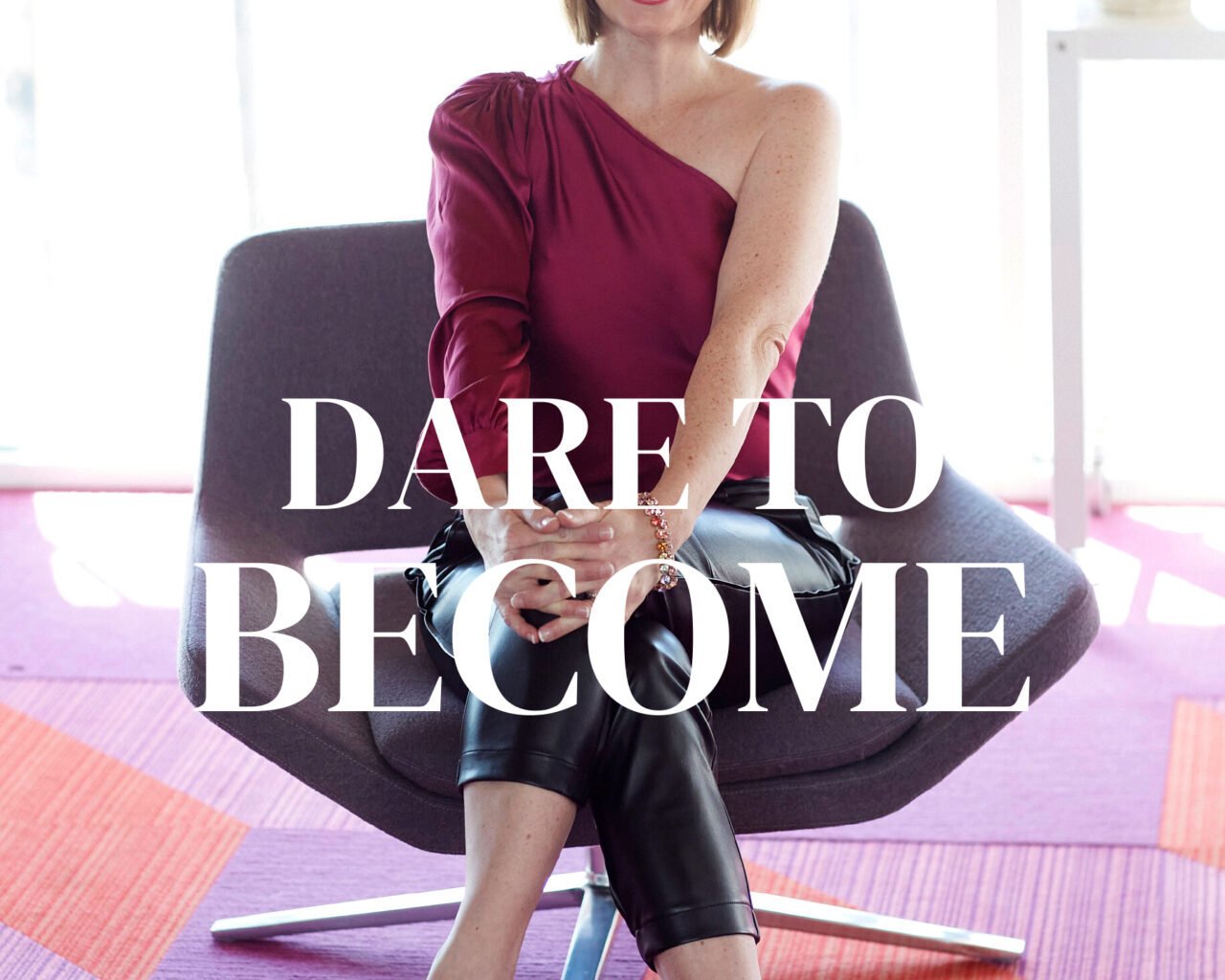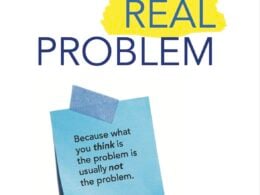In “Dare to Become,” Julie Cropp Gareleck chronicles a journey that took her from working in her parents’ restaurant to building a successful agency. Along the way, she offers a unique, real-world perspective on navigating the tumultuous path to business success.
The Generational Divide
While COVID-19 usually gets the blame for the office shakeup and the fight against the return to work, the truth is, the issues with the new adaptive workforce were in play long before COVID-19 began, indicative of an environment now accommodating multiple workforce generations.
We now have Baby Boomers (born 1946–1964), Generation X (born 1965–1980), Millennials (born 1981–1996), and Generation Z (born 1997 and after) all fighting for a seat at the table. It’s dynamic, to say the least, with a lot of noise around adapting to meet the rising demands of the latest generation to enter the workforce. Researchers, polls, and surveys lean toward creating the kind of environment that is expected by the workforce yet offer no solution to bridging this generational divide.
‘She Thinks Big’: 7 Assumptions that Create ‘Stuck Stress’
More so in the last five years, it’s become more apparent how far apart we are in so many areas. While I hope that I’ve done a good job navigating the changes, I’ve definitely learned more about how to build a multigenerational team. Unfortunately, as business owners, we find ourselves in unchartered territory with no “one size fits all” approach to accommodating four generations in the office. As we look to narrow the generational divide, while I could write an entire book on the subject, I will share the personal experiences that are helping shape my own perspective. Tales for the ages, pun intended!
YOU SAID, WHAT?
“Oh my gosh, Julie,” one of my younger employees in her early 20s said as she walked into my office. “I am so tired this morning. I met this guy at a bar last night. We ended up back at my place and were up until almost 5am. I hope he calls me today. It’s not like me to have a one-night stand…”
The words continued to roll out of her mouth. I looked up from my computer station and nodded as if I were actively listening.
Rarely, if ever, am I speechless. I muttered something to the effect of “Oh, forgive me, but Susan just Skyped me and she needs to talk to me immediately about a client. Okay?”
“Of course, the last thing you need is to hear about my dating life.”
She smiled as she walked out of my office.
So many emotions and thoughts ran through my mind at one time. Should I know this information? How do I respond? Could I be held liable for not engaging with her? Do I look like her bestie? What kind of person or employee shares this kind of private information with the CEO of the company, as freely as though we are discussing our favorite drink from Starbucks? Is this disrespectful? Does this violate any HR policies? Generation Z or not, this is not an appropriate watercooler conversation.
Breaking Through the Silicon Ceiling: Where There Is an Opening, Go for It!
Generation Z are known as the digital natives, the generation who grew up with access to information at their fingertips and with social platforms like Snapchat and Instagram, among others. No personal conversation is seemingly off-limits and not a detail is spared. Where along the way did we lose the common respect for boundaries in communications, not just with management but also employees?
After I was subjected to her dating story, I overheard her sharing it with other employees, which caused a bit of discomfort among the team. It seemed no one in the office was particularly interested in her sex-capades story, for which I was relieved. As the employer though, I needed to address what was considered acceptable in our workplace and what was not acceptable from a policy perspective.
Looking back, in my early 20s, I was in a long-term relationship with someone who was friendly with my boss and his wife. The four of us were all part of a similar social circle surrounding our work endeavors. My boyfriend and I both made the decision to keep our relationship completely private, ensuring that our personal lives didn’t blend with our professional lives. As a young female in business, I was friendly enough with my co-workers to exchange weekend plans or stories, but under no circumstance would I share information about who I was or was not dating.
How to Grow Your Business By Writing a Book
I vividly remember when my relationship ended, my boss told me about my former boyfriend’s dating life and travel plans for the following weekend. To avoid blowing my cover, which I had kept intact for nearly two years, I walked to the ladies’ restroom, hid in a stall, and cried. I pulled myself together and walked back to my office, no one the wiser. Outside of a few photos from work events, there wasn’t a digital trace that our relationship even existed. To this day, I wonder if either my boss or his wife ever knew.
We spend more time at work with our co-workers than with our friends and family. Getting to know each other is part of that social experience. While I hope to foster an environment where we can share personal celebrations like the birth of a child or sympathize in the event of a death, I have learned that setting boundaries between our personal and professional lives is just good business.
It’s also important to note that if an employee is willing to not just cross the boundary but to jump clearly over the line, it says a lot about what impact this individual could have on your team, your clients, and the overall perception of your business. When you do find yourself speechless, find your way out of the conversation. No response is often the best response.
This excerpt from “Dare to Become” by Julie Cropp Gareleck is reprinted with permission.







